10 best IT certifications for beginners
Ready to start your IT career? Give it a boost with these entry-level IT certifications

Sign up today and you will receive a free copy of our Future Focus 2025 report - the leading guidance on AI, cybersecurity and other IT challenges as per 700+ senior executives
You are now subscribed
Your newsletter sign-up was successful
A career in IT offers a range of opportunities and advantages for those looking to put their existing skills into practice.
From fledgling start-ups to huge multinational organisations, technology plays such a significant role in every aspect of our lives that IT professionals are needed across the spectrum of industries. Government organisations, banks, businesses, the media ��� you name it.
On top of that, with every year that passes and every new tech advancement, the IT landscape shifts, creating fresh skills gaps in an industry already short on numbers. Salaries are commonly very rewarding too and there are career routes for those with a degree and those without.
Individual IT certifications are a great way to showcase your specific abilities and specialisms, allowing you to create a patchwork of skills that will help you bag the role you want. So, whether you’re looking to carve out a fresh career in IT or you’re a professional eyeing up some fresh qualifications, we’ve pulled together some of the best IT certifications for beginners in 2022.
1. CompTIA A+
Best all-round certification
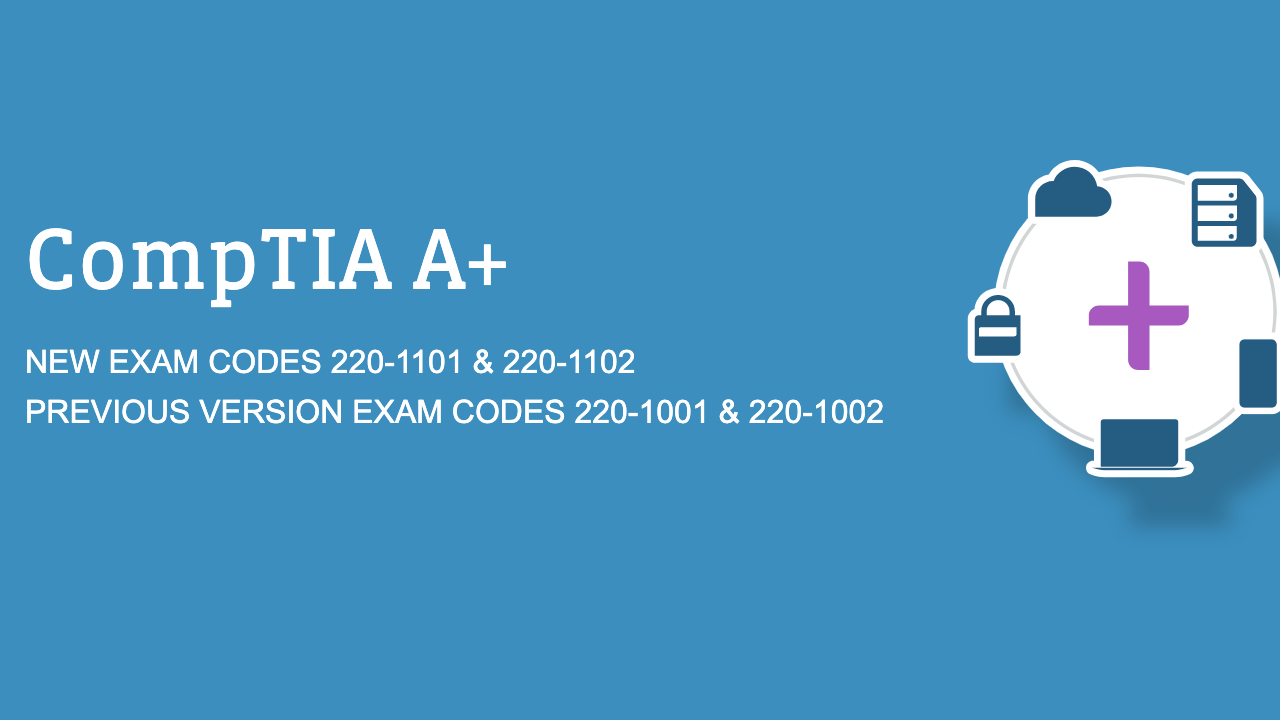
Certification cost: £142 / $239 per exam (Core 1 and Core 2)
CompTIA specialises in issuing professional certifications for the IT industry and offers one of the most popular certifications out there – the CompTIA A+.
The trade association says its A+ qualification is the only industry recognised credential with performance testing to prove that professionals can “think on their feet” to perform critical IT support tasks. Candidates must pass two exams – Core 1 and Core 2 – which cover content that aims to equip IT professionals with the tools to support a hybrid workforce.
With the uptick in remote working, these courses tackle topics such as the increased reliance on software-as-a-service (SaaS) applications, as well as troubleshooting and remote diagnosis of common software, hardware, and connectivity problems for both desktop and mobile. It also covers core technologies such as cloud virtualisation, IoT device security, as well as data management and scripting.
Companies that use A+ include a host of huge global names – such as Intel, Ricoh, Nissan, HP, Blue Cross Blue Shield, and Dell Technologies.
Link: CompTIA A+
2. Microsoft Technology Associate (MTA)
Best for new software professionals
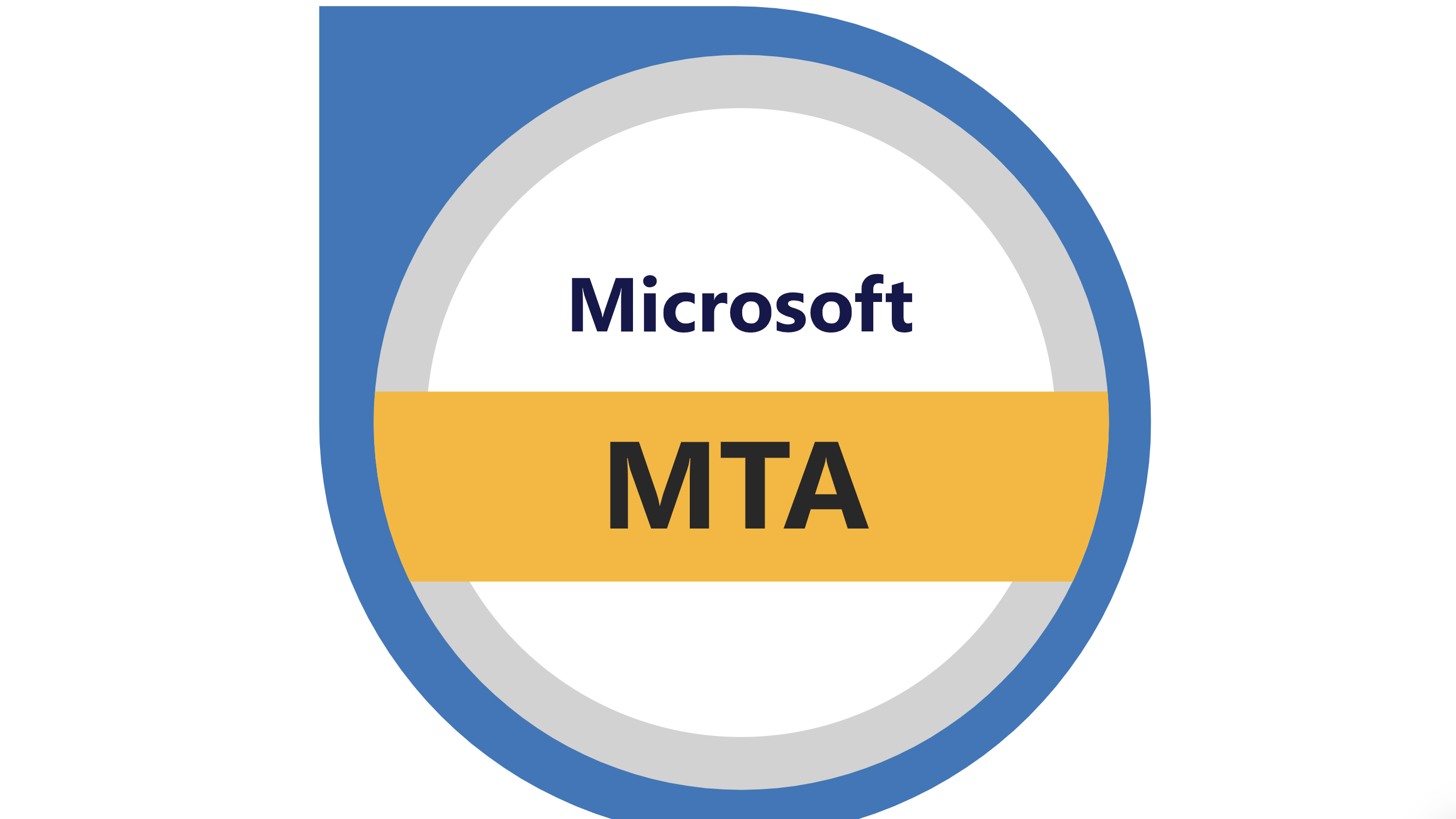
Certification cost: £87 / $127 per exam
With Microsoft boasting such a ubiquitous presence across the IT landscape, it will come as no surprise that the Redmond giant makes this list. The Microsoft Technology Associate (MTA) certification scheme covers a plethora of topics for those looking to kick start a career in IT and offers exams in three key areas.
The first is IT infrastructure, which is designed for those looking to build their knowledge of desktop infrastructure, server infrastructure, and private cloud computing. The second category tackles databases and has been constructed for those looking for a career in data platform administration or business intelligence.
Thirdly, the Developer exams cover a slew of key topics for beginner software developers, including web development, Microsoft.NET, gaming, JavaScript, HTML and HTML5, Python, software testing, and more.
With the range of MTA options available, these certifications are a great way to build experience in some of the fundamental aspects of modern IT. It’s also worth noting that Microsoft likes to update and amend its certifications in line with the changing IT landscape.
Link: Microsoft Technology Associate (MTA)
3. Apple Certified Support Professional (ACSP)
Best for those new to macOS
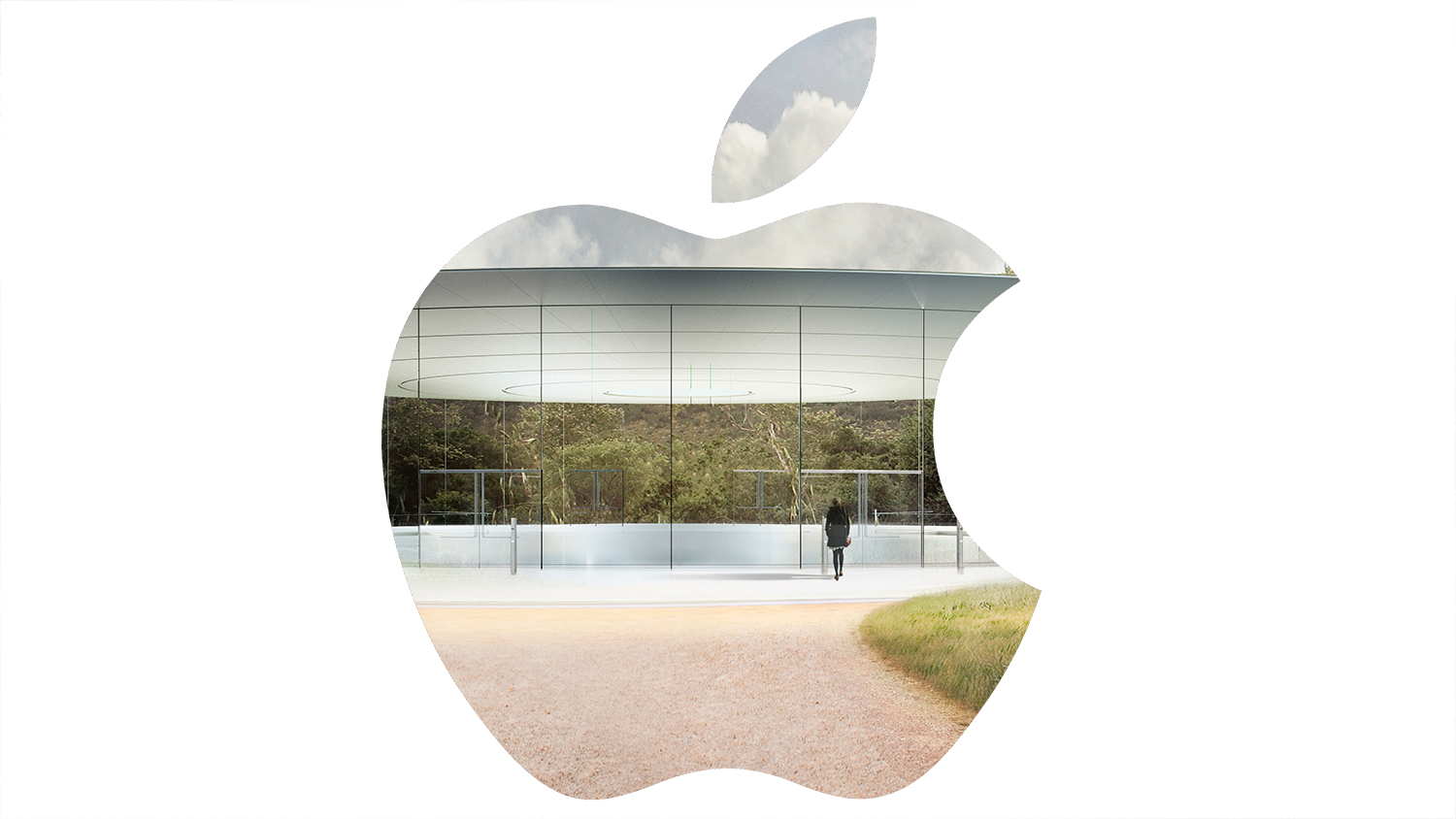
Certification cost: £179 / $250
The Apple Certified Support Professional (ACSP) certification is specially designed for help desk professionals, technical coordinators and even power users that manage networks and offer support for Mac users.
With Apple such a prominent technology force around the world, the ACSP course will certify your knowledge of the macOS platform and its core functionality. Specifically, it will verify your ability to configure key services, perform basic troubleshooting tasks, and support multiple Mac users.
The exam covers a host of Mac-related topics, ranging from basics such as installation and configuration, to key tasks such as managing security and troubleshooting network and hardware issues.
Upon completion, the Cupertino giant says the certification will provide a way for IT pros to differentiate themselves and gain a competitive edge in an evolving job market. The firm also suggests qualified ACSPs benefit from the “power of the Apple brand” and its popularity around the world.
Link: Apple Certifiied Support Professional (ACSP)
4. Cisco Certified Technician (CCT)
Best for new Cisco professionals

Certification cost: £89 / $125 per exam
The aim of the Cisco Certified Technician (CCT) qualifications is to equip professionals with the skills they need to tackle critical Cisco networking and system devices at customer sites. Those skills include the ability to diagnose, restore, repair and replace the respective components.
The CCT course offers three main tracks that can be completed in multiple short sessions: CCT Collaboration, CCT Data Center, and CCT Routing and Switching.
CCT Collaboration places a focus on onsite support and maintenance of Cisco collaboration endpoints and operating environments, teaching technicians to identify Cisco endpoint models and components, understand the collaboration software, as well as use the Cisco Command Line Interface (CLI) to connect and service products.
The CCT Data Center certification is based around Cisco Unified Computing Systems and servers, providing education on system components, the Cisco UCS and NX-OS operating modes, Cisco graphical user interface and more.
The third, CCT Routing and Switching, focuses on onsite support and maintenance of Cisco routers, switches and operating environments, incorporating both hardware and software elements. Cisco says this certification is considered “the best foundation for supporting other Cisco devices and systems”.
Link: Cisco Certified Technician (CCT)
5. AWS Certified Cloud Practitioner
Best for new AWS professionals
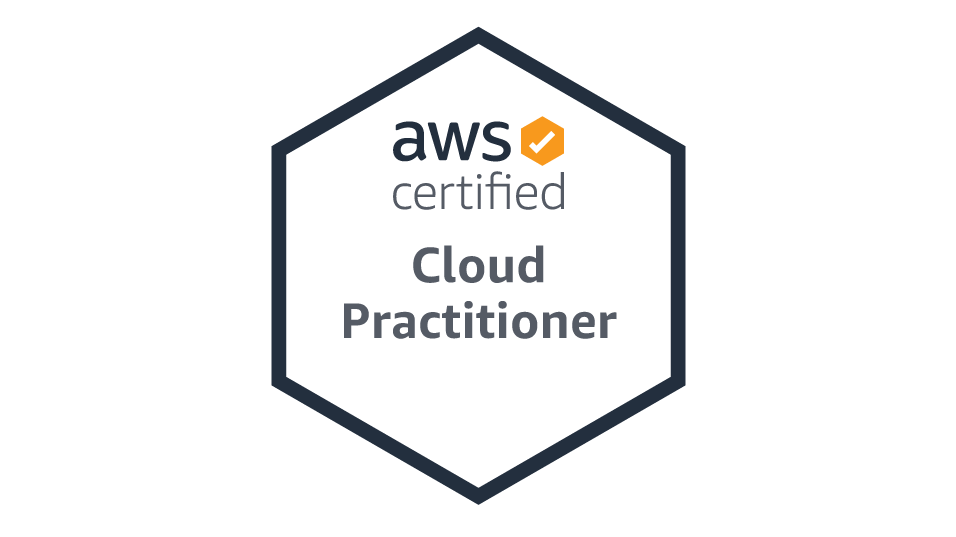
Certification cost: $100 / €90
As the ever-evolving cloud has staked its place as a key component of the modern IT landscape, Amazon has stepped up to become one of the industry’s key players with AWS. However, with such a burgeoning presence, there comes the need to help IT professionals build knowledge of its platform and application of services. This foundational level course aims to do just that.
AWS recommends the certification for those that already have a basic understanding of AWS Cloud. That includes its services, security and compliance within the platform, as well as a basic understanding of its economics.
This course will then build knowledge on key topics such as coding, designing cloud architecture, troubleshooting, implementation, migration, load and performance testing, as well as business applications such as Amazon Alexa, Amazon Chime and Amazon WorkMail. The exam itself is broken up into four sections: Cloud Concepts, Security and Compliance, Technology, and Billing and Pricing.
Link: AWS Certified Cloud Practitioner
6. CompTIA Fundamentals (ITF+)
Best for IT beginners
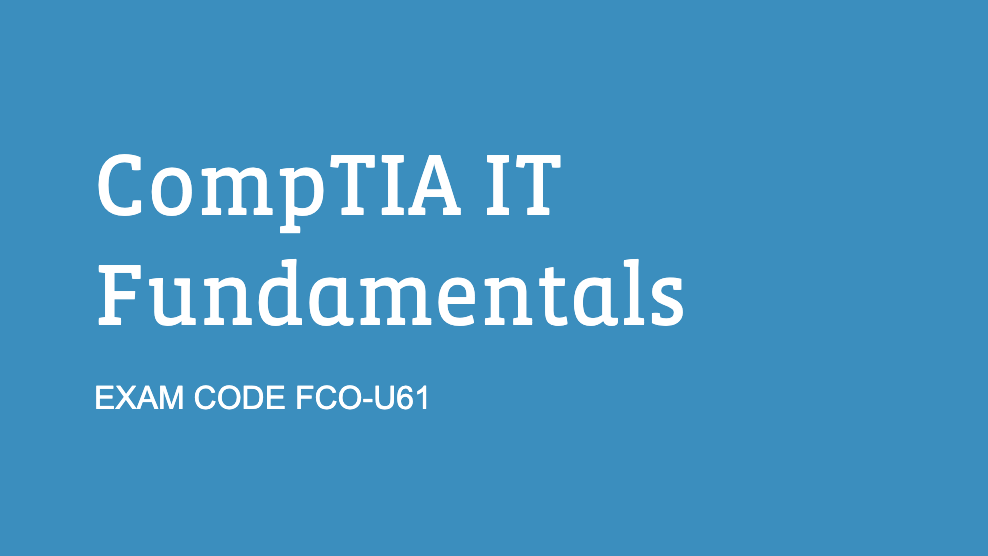
Certification cost: £77 / $130 per exam
The CompTIA Fundamentals certification does exactly what its name suggests, serving up a course that has been designed with the absolute beginner in mind. The course is a single certification that covers all areas of IT foundations, making it a handy choice for those without a technical background.
Essentially, it aims to help professionals decide if an IT career is the right path for them – so if you’re not yet ready to take the plunge with some of the other courses in this list – such as the CompTIA A+ – the ITF+ could be a useful starting point.
The certification covers a wide range of topics, including the IT concepts and terminology to help you get to grips with the basics of computing and explain the value of data and troubleshooting. It also dives into areas such as hardware and infrastructure, applications and software, software development, database fundamentals, security, and more.
Link: CompTIA Fundamentals (ITF+)
7. Microsoft 365 Certified: Fundamentals
Best for those new to SaaS
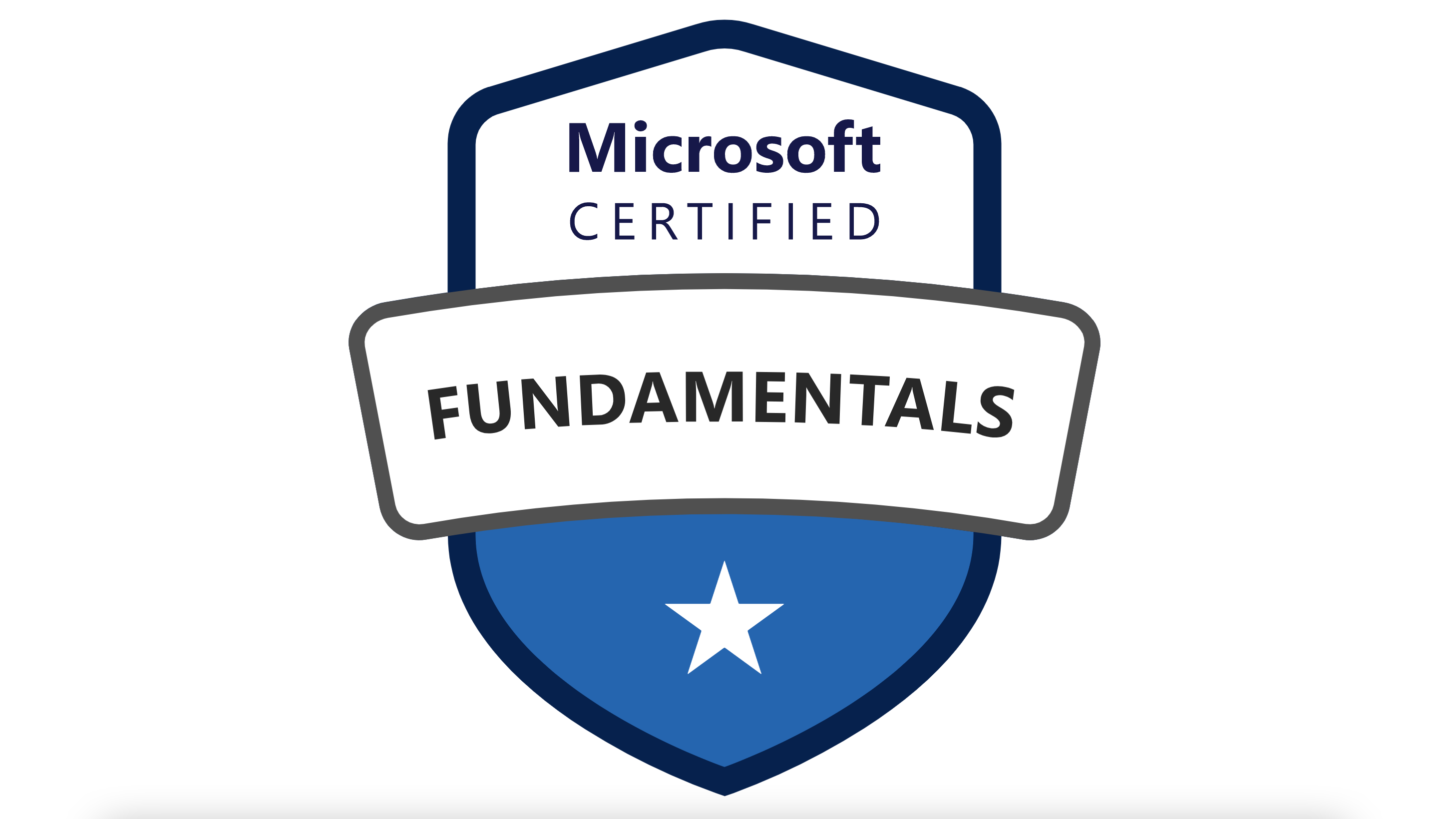
Certification cost: £69 / $99
No top-10 IT certification list would feel complete without an entry dedicated to Microsoft’s 365 productivity suite, considering just how popular and widespread the tools are across the IT landscape.
Freshly updated for 2022, the Microsoft 365 Fundamentals certification validates your knowledge of the suite’s capabilities, while at the same time underlining the basics of a software-as-a-service (SaaS) cloud model.
Microsoft says the course is specifically aimed at those looking to demonstrate foundational-level knowledge of cloud services, as well as highlight fluency in its range of 365 SaaS solutions and current cloud service options.
As part of the exam, you’ll be expected to describe cloud concepts and core Microsoft 365 services and concepts. You’ll also be marked on your ability to explain security, compliance, privacy, and trust in relation to the suite, as well as its pricing and support.
The only recommendation is that you have a grasp on “common IT challenges” such as enterprise licence management and support plan management, Microsoft says.
Link: Microsoft 365 Certified: Fundamentals
8. Cisco Certified Network Associate (CCNA)
Best for network system beginners

Certification cost: £246 / $300
Another popular offering from the connectivity giant, the Cisco Certified Network Associate (CCNA) shows that you possess the key knowledge required for working with networking systems.
Cisco says this entry-level certification has been crafted as a “first step in preparing for a career in IT technologies”, equipping you with flexible skills to apply across the industry.
The 120-minute CCNA exam will test you on elements such as network fundamentals, network access, IP connectivity, IP services, security, as well as automation and programmability. The company offers a slew of helpful materials to aid your preparation too, including webinars, videos, and reading materials for each topic covered by the final exam.
If you’re considering the possibility of a career in network support, or as a systems or network administrator, the CCNA package is an excellent way to broadcast to current or future employers that you know your way around networking systems.
Link: Cisco Certified Network Associate (CCNA)
9. CompTIA Security+
Best for new cyber security professionals
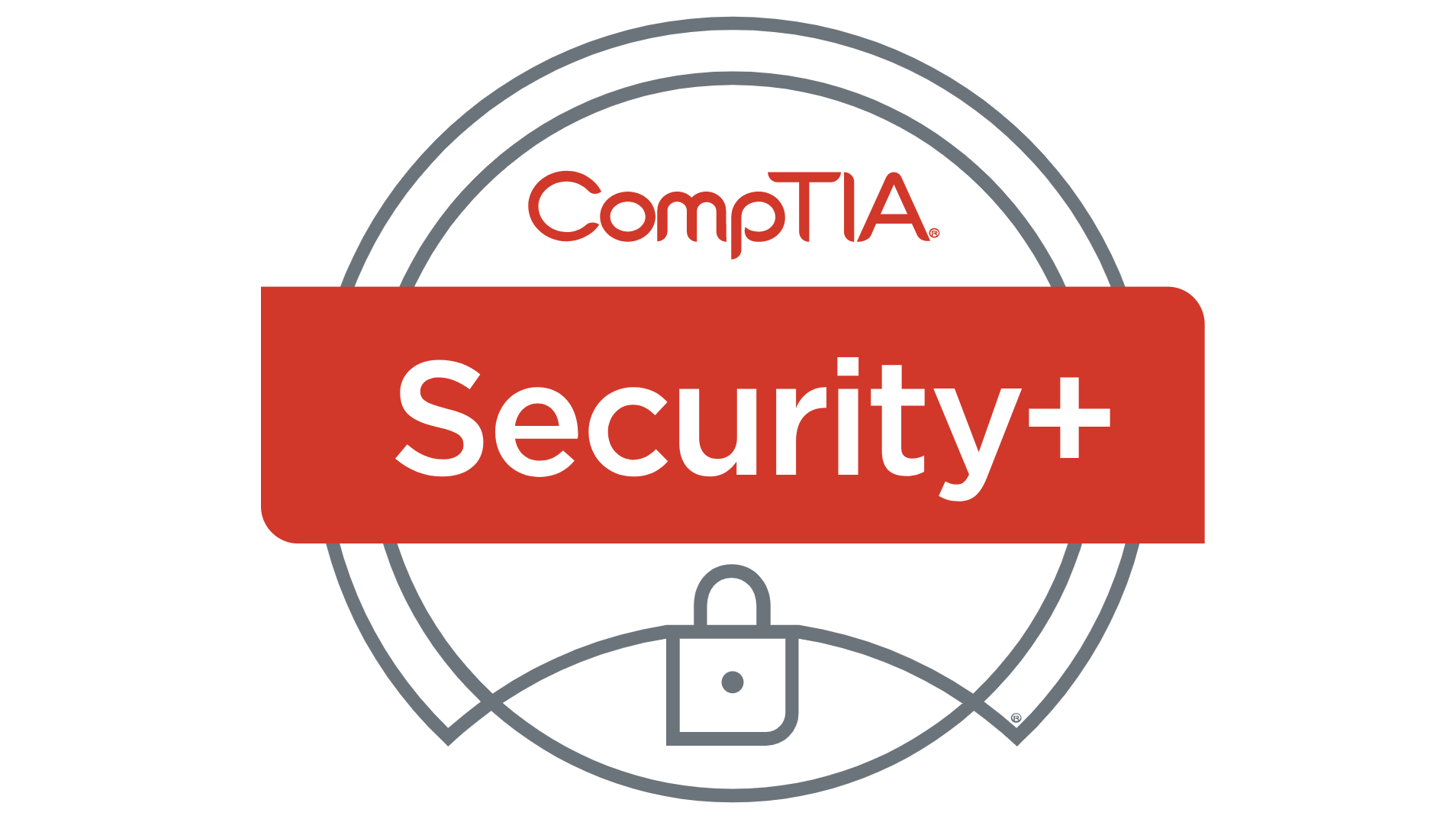
Certification cost: £226 / $381
As our reliance on technology continues to grow, so too does the need for systems security knowledge. Especially as security issues are experienced at every level of IT, showing little care for your level of experience in dealing with them.
That’s why CompTIA’s Security+ accreditation is such a key tool in preparing for a career in the industry: ultimately, it will show employers that you possess the fundamental skills required to perform core security functions.
With an emphasis on hands-on skills, the Security+ covers core technical skills in risk assessment and management, incident response, forensics, enterprise networks, hybrid and cloud operations, as well as security controls.
The exam aims to ensure you’ll be able to adequately assess the security of an enterprise environment, as well as monitor and secure hybrid setups – including cloud, mobile, and IoT. It will also equip you with knowledge of applicable laws and policies, such as the principles of governance, risk and compliance.
CompTIA says the exam establishes the “core knowledge required of any cyber security role” and provides a gateway to various intermediate-level security jobs.
10. Linux Professional Institute: Linux Essentials
Best for new system admins
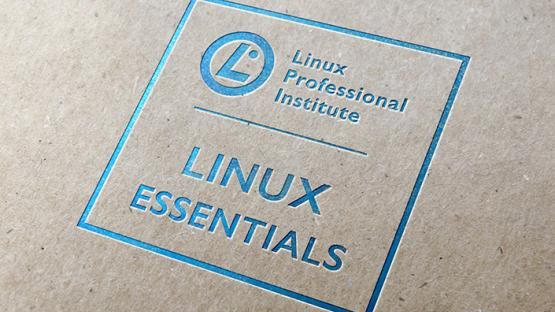
Certification cost: £92(approx.) / $120
With the popularity of both Microsoft and Apple, it’s sometimes easy to overlook our old open-source friend Linux. But the platform has more than earned its place in the market and continues to go from strength to strength, with adoption rising around the world – from individual users to government entities and key industries.
Delivered via the Linux Professional Institute, the Linux Essentials certification tests your ability to use a basic command-line editor and enables you to demonstrate an understanding of the Linux operating system.
Upon successful completion, you’ll prove to future employers that you possess an understanding of both Linux and the open-source industry in general, including the most popular open-source applications. Crucially, it will show that you know your way around the Linux OS and can offer a basic understanding of security and administration for the platform.
It’s a must-have string to your bow if you’re looking at a career as developer, administrator or Engineer.
Link: Linux Essentials
Sign up today and you will receive a free copy of our Future Focus 2025 report - the leading guidance on AI, cybersecurity and other IT challenges as per 700+ senior executives

